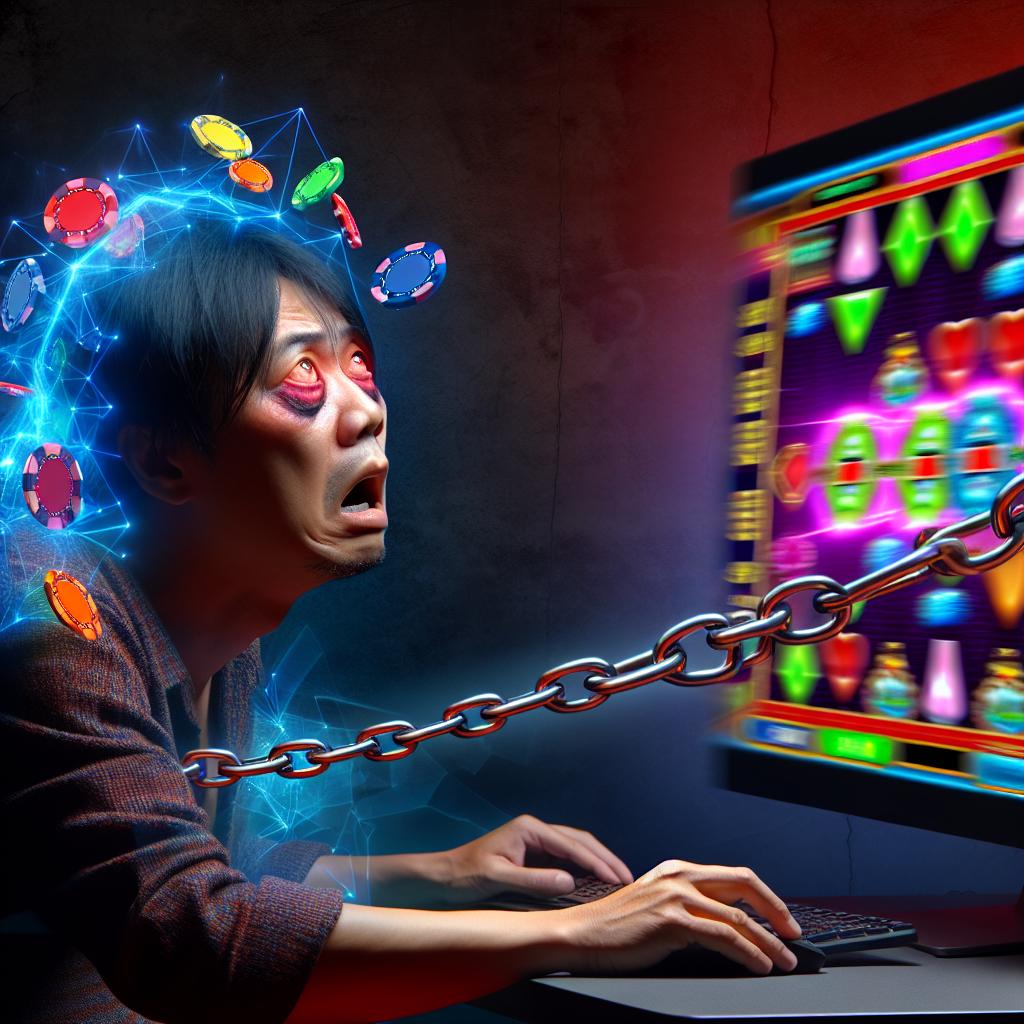Introduction
The design of video games is a complex blend of art and science aimed at keeping players engaged, which can sometimes veer into the realm of addiction. This intricate design process incorporates psychological triggers, reward systems, and social elements to captivate users and encourage repeated play. Understanding these design mechanics is essential to evaluating how video games can facilitate addictive behavior.
Psychological Triggers in Game Design
Game designers often employ psychological principles to craft engaging experiences. One such principle is the concept of classical conditioning, which involves creating associations between game actions and rewards. This approach often results in players experiencing a dopamine rush upon successfully completing challenges, reinforcing their continued gameplay.
Additionally, the utilization of variable reinforcement schedules, where rewards are dispensed unpredictably, can significantly enhance a game’s addictive potential. Comparable to the operation of slot machines, this strategy keeps players engaged by offering unpredictable rewards, thereby triggering repeated attempts to obtain them.
Reward Systems
Reward systems are a cornerstone in nurturing addictive behavior within games. The spectrum of in-game rewards spans from points and badges to unlocking new levels or acquiring virtual goods. These tangible and intangible rewards act as motivators, providing players with a sense of accomplishment, mastery, and progression. The sense of achievement encourages players to invest time, and at times, even money, into the game.
The nature of these rewards is meticulously designed to evoke a continuous drive to achieve more within the game. Players feel a sense of pride and fulfillment that pushes them to pursue further milestones, thus deepening their engagement with the game.
Social Interactions
Social components serve as another pivotal aspect of game design, potentially contributing to addictive behaviors. Many games inspire players to compete or collaborate with others, fostering a sense of community. Multiplayer games in particular create a feeling of belonging and camaraderie, establishing social dynamics that can lead to prolonged and frequent gaming sessions.
This sense of community acts as a powerful motivator, urging players to remain engaged to maintain their social standing or connection with fellow players. Social pressure can reinforce a player’s attachment to the game, making it challenging for them to step away or disengage.
Game Design Techniques
Beyond psychological elements and social interactions, specific game design techniques are employed to promote extended play. These techniques include using cliffhangers at the end of gaming sessions or levels, which compel players to return. Furthermore, games frequently incorporate time-limited events or missions that instill a sense of urgency, nudging players to engage more frequently.
These techniques harness a player’s innate curiosity and desire for closure or completion, prompting them to invest substantial time into the game. The strategic deployment of these elements ensures that players remain captivated and continually involved.
Conclusion
Video games offer substantial entertainment and educational value; however, the strategic employment of design strategies to encourage repeated play raises concerns about potential addiction. By integrating psychological triggers, reward systems, and social interactions, game developers craft captivating experiences that can lead to addictive behaviors.
Understanding these design mechanics is critical, enabling both players and developers to work towards a balanced approach to gaming. Efforts can then be directed towards fostering sustainable and healthy engagement, ensuring that gaming remains a positive and enjoyable pastime. As awareness of these tactics grows, stakeholders in the gaming industry are better positioned to address and mitigate any negative impacts while enhancing the positive facets of gaming experiences.

